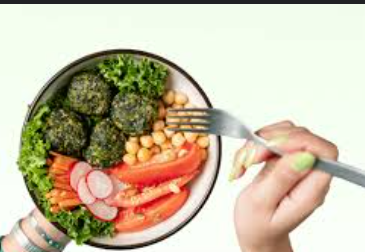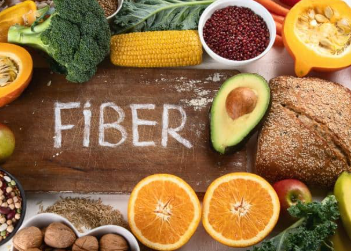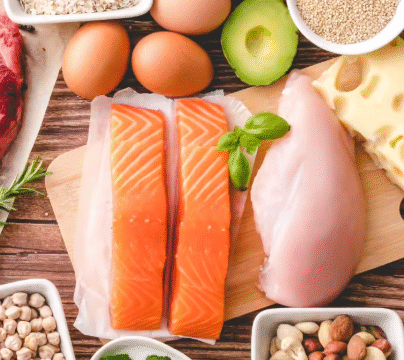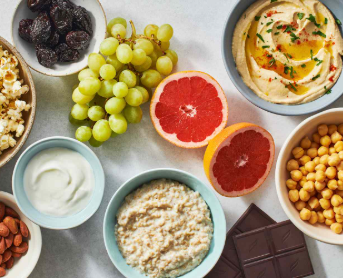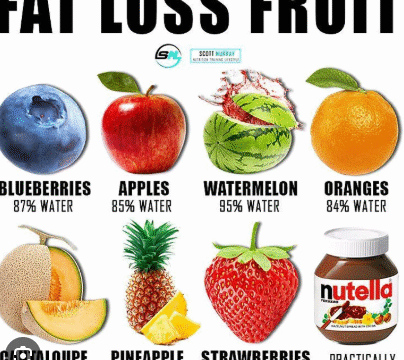When it comes to healthy eating, the quality of food matters just as much as the quantity.
Nutrient-dense foods — those packed with vitamins, minerals, fiber, and protein but relatively low in empty calories — can help you feel fuller, more energized, and more satisfied.
By focusing on these foods, you set yourself up for sustainable weight loss and long-term health rather than short-term diets.
What Makes a Food Nutrient-Dense?
Nutrient-dense foods deliver a high amount of beneficial nutrients compared to their calorie content. Instead of leaving you hungry shortly after eating, they keep you satisfied while fueling your body with what it needs to thrive. Characteristics include:
- Rich in vitamins and minerals
- High in fiber or protein
- Lower in added sugars, refined carbs, or unhealthy fats
- Naturally filling and satisfying
Benefits for Weight Management
- Better satiety: Fiber and protein slow digestion, helping reduce overeating.
- Steady energy: Whole foods prevent sugar crashes and energy dips.
- Improved nutrition: Every bite contributes to your body’s wellness.
- Long-term approach: Supports sustainable habits instead of restrictive diets.
Top Nutrient-Dense Foods to Include
1. Leafy Greens
Spinach, kale, Swiss chard, and arugula are low in calories but rich in vitamins A, C, and K, plus fiber to aid digestion and fullness.
2. Colorful Vegetables
Broccoli, bell peppers, carrots, and sweet potatoes provide antioxidants and complex carbs for steady energy.
3. Berries
Blueberries, strawberries, and raspberries are rich in fiber and antioxidants. They satisfy sweet cravings while offering fewer calories than processed desserts.
4. Whole Grains
Quinoa, oats, and brown rice are packed with fiber, B vitamins, and minerals. They release energy slowly, supporting satiety.
5. Lean Proteins
Chicken breast, fish, eggs, tofu, and legumes provide protein for muscle maintenance and hunger control.
6. Nuts and Seeds
Almonds, chia seeds, flaxseeds, and sunflower seeds are calorie-dense but nutrient-rich. Small portions add healthy fats and protein that keep you full.
7. Legumes
Beans, lentils, and chickpeas offer fiber, protein, and minerals — a triple win for digestion, energy, and satisfaction.
8. Fermented Foods
Yogurt, kefir, sauerkraut, and kimchi contain probiotics that may support gut health, digestion, and overall wellness.
9. Healthy Fats
Avocados, olive oil, and fatty fish like salmon provide omega-3s that support heart and brain health while keeping meals satisfying.
Practical Tips for Eating More Nutrient-Dense Foods
- Fill half your plate with vegetables and fruits.
- Swap refined carbs for whole grains.
- Snack on nuts, seeds, or yogurt instead of processed foods.
- Focus on variety — aim for a colorful plate to cover a broad spectrum of nutrients.
The Bottom Line
Sustainable weight loss doesn’t come from cutting out entire food groups or following extreme diets. It comes from building a lifestyle around nutrient-dense foods that support your body’s needs while keeping you satisfied. By making gradual, thoughtful choices, you can improve your health, manage your weight, and enjoy food in a balanced way.

